Russia Doubles Apple Imports in June, Reaches Agreement with North Korea on New Deliveries
The volume of Russian apple imports reached 42,000 tons in June, nearly doubling compared to the previous year. Besides that, a new supplier has entered the market through an agreement with North Korea to start purchasing these fruits, Rosselkhoznadzor’s press service told Agroexpert.
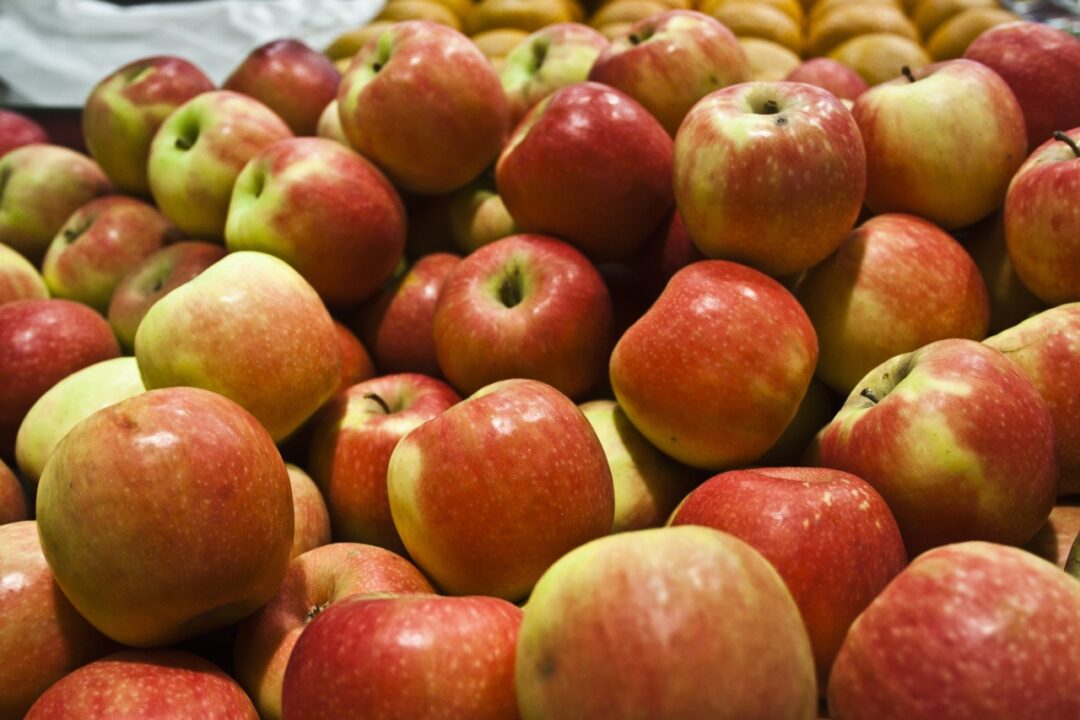
According to Rosselkhoznadzor, 42,000 tons of apples were imported to Russia in June, which is 1.8 times more than the 23,000 tons imported in June 2023. Compared to May of this year, supplies increased by 10% to 38,000 tons. The main suppliers are Turkey, South Africa, Serbia, China, and Uzbekistan.
The press service also highlighted the significant potential for expanding trade cooperation in the supply of products, especially apples, during the talks with North Korea in June 2024. The Korean side expressed interest in supplying products to Russia.
During the negotiations held at the signing of the memorandum on plant quarantine, all issues raised by the Korean side were resolved, and the parties agreed on the possibility of starting supplies.
This means that “Korean apples can be freely supplied to Russia with a phytosanitary certificate confirming the absence of quarantine organisms in accordance with EAEU legislation,” the press service stated, noting that there is no need for an official procedure to approve phytosanitary certificates.
“Phytosanitary certificates include the graphs mandated by the International Convention. However, challenges arise when completing certain fields, particularly when additional phytosanitary requirements are imposed,” the service explained.
According to the ‘Argus-Phyto’ information system, Turkey was the largest supplier of apples to Russia, delivering 9,700 tons. South Africa and Serbia followed in second and third place, supplying 7,200 tons and 6,400 tons, respectively. The top five suppliers were rounded out by China with 4,200 tons and Uzbekistan with 1,700 tons.
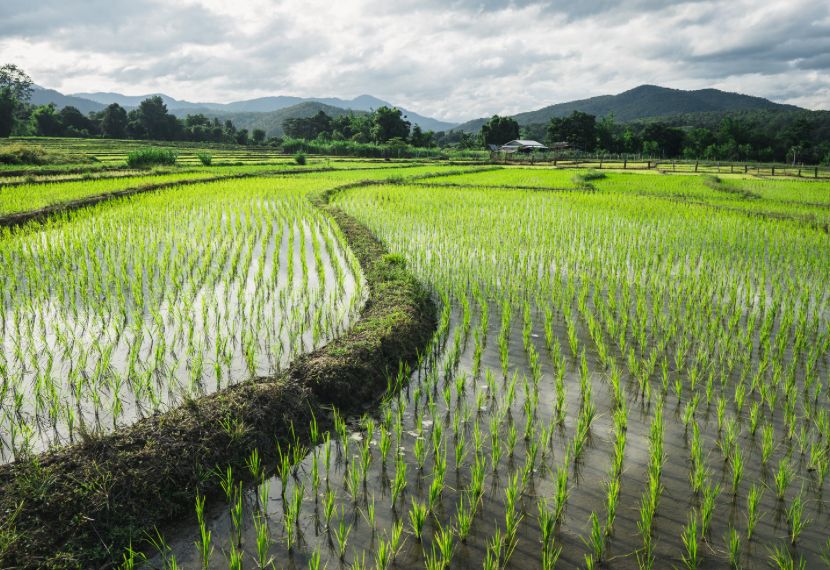
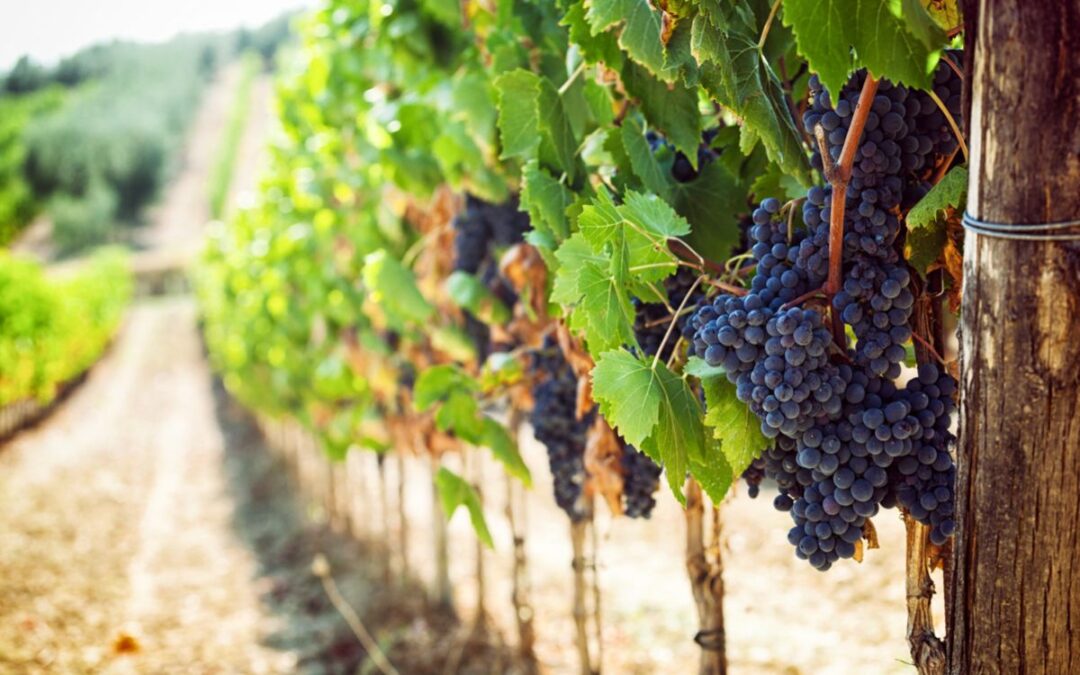
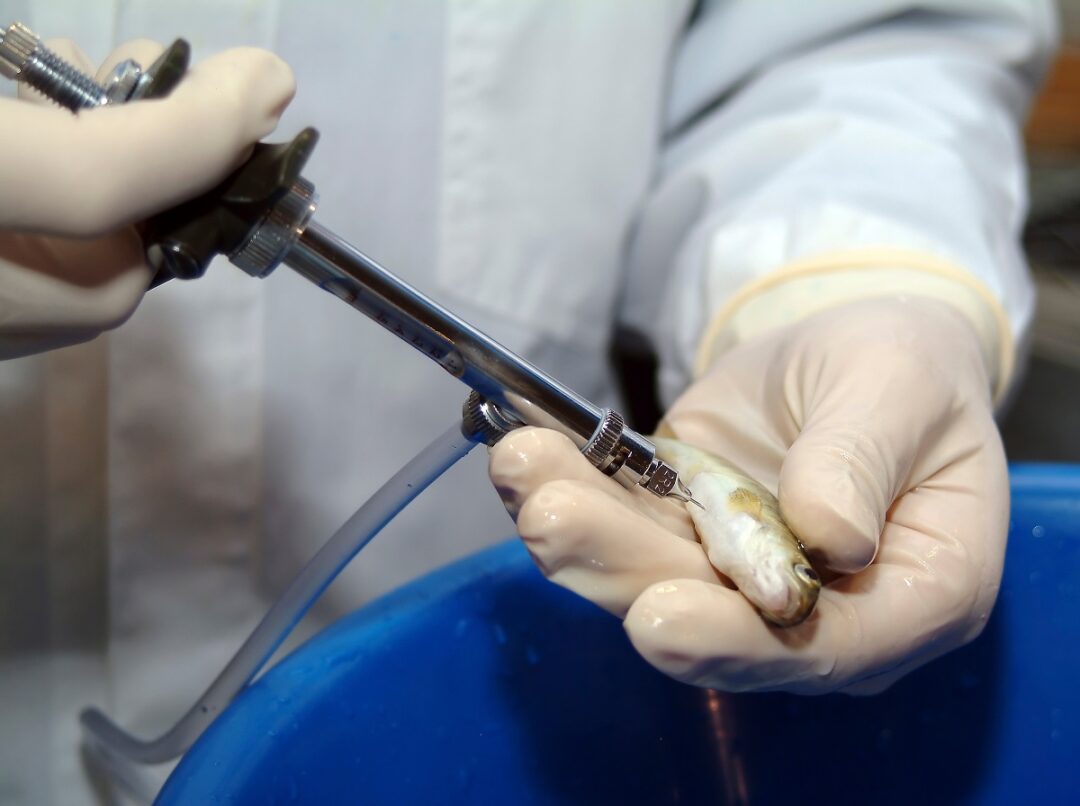
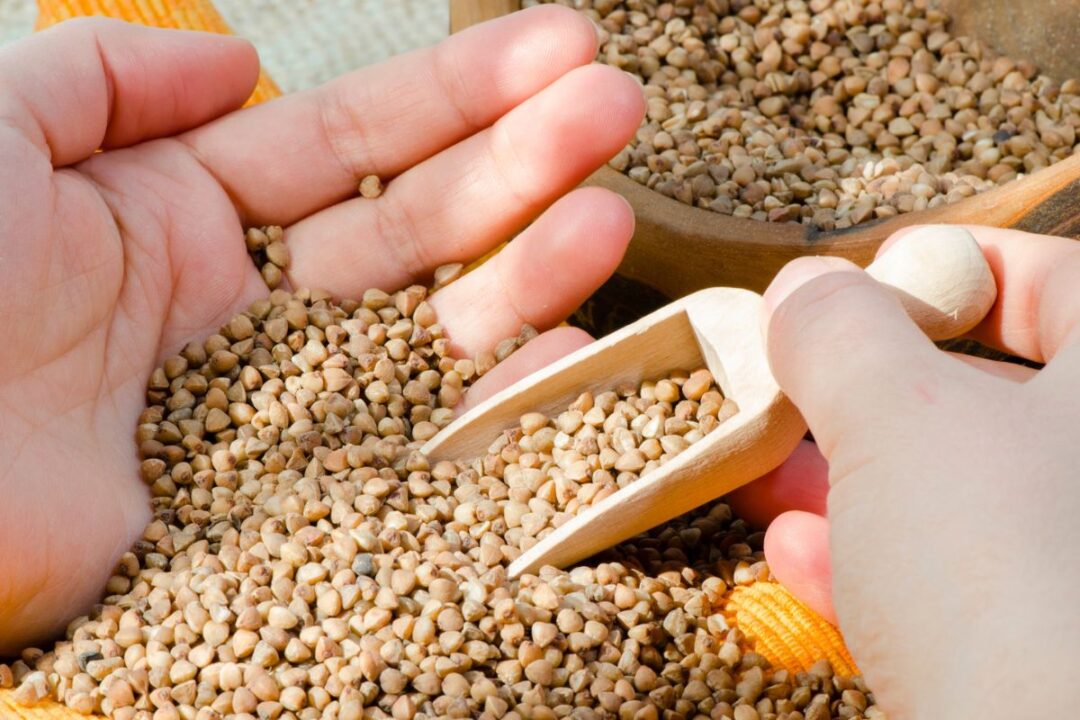
Popular
Нет просмотренных постов.

